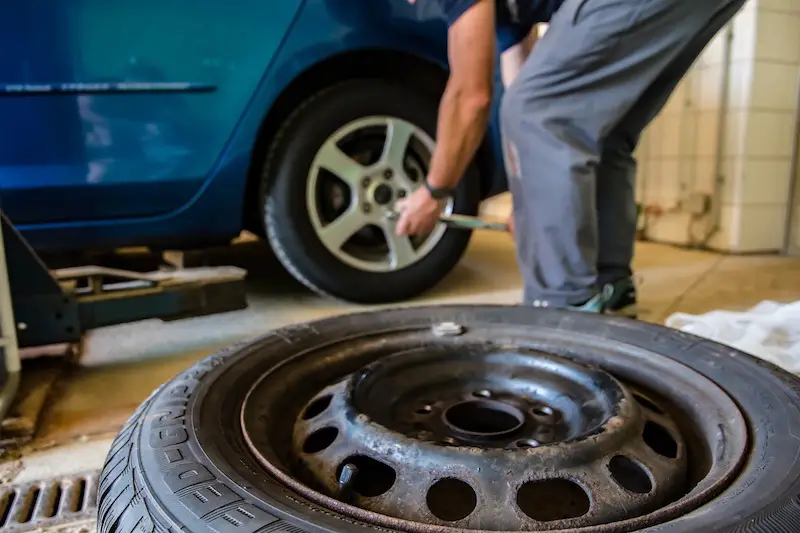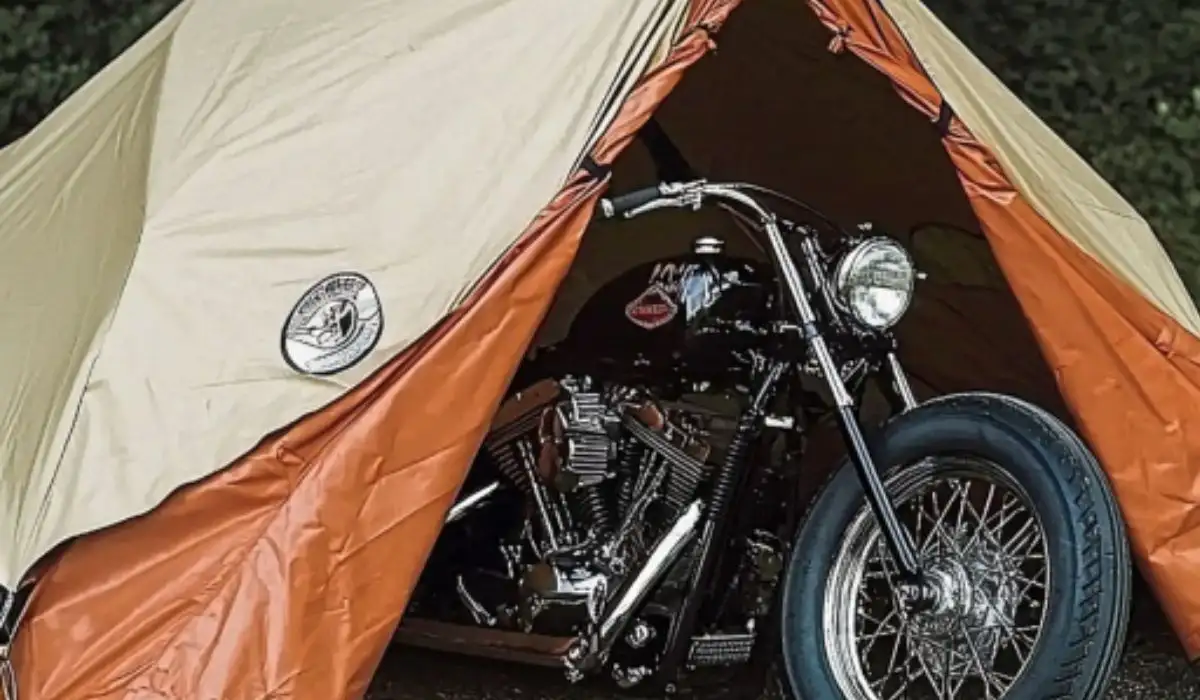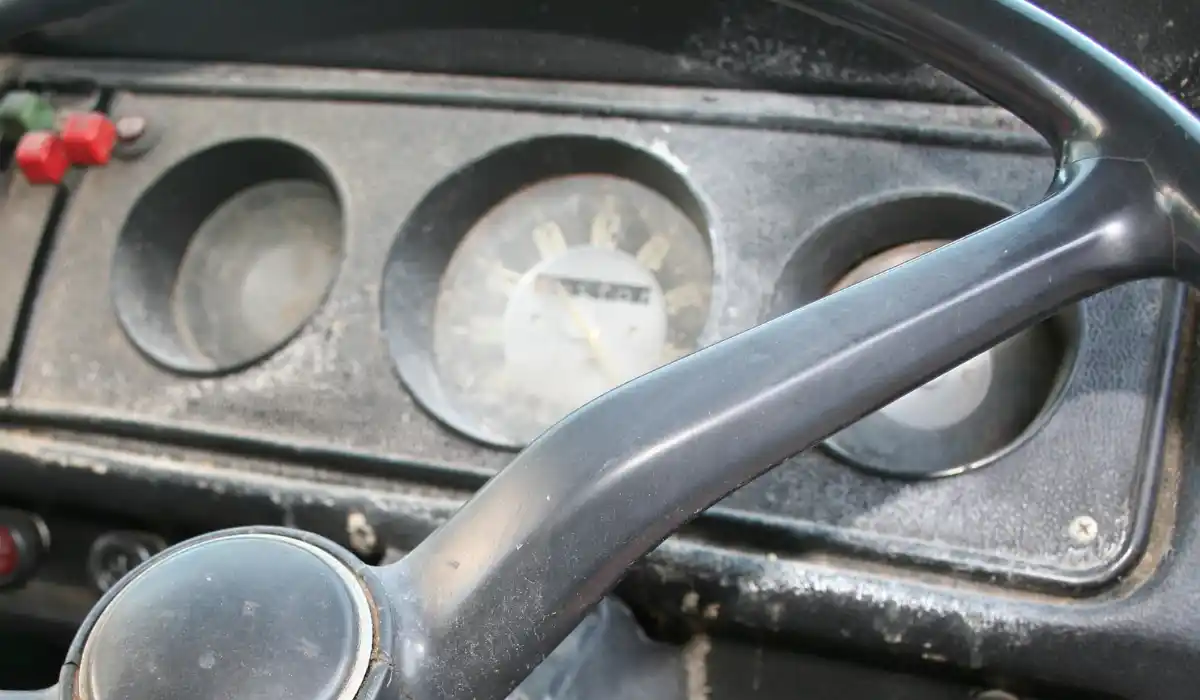
Owning a car isn’t cheap. There’s car maintenance costs, upgrades, and random accessories that all need to be considered. One of the higher costs for owning a car is the tires. During the winter, you’re definitely going to want to be using winter tires for your safety, control, and peace-of-mind on the road.
Once all the costs add up, you might be wondering – do you really need winter tires? Are winter tires worth it? Do winter tires actually work? That’s what I want to discuss in this post.
If you live in Canada or some of the Northern States you’re probably well-versed in cold, winter weather driving. These places experience some of the longest, harshest winters anywhere on earth that people actually live.
During these winter months it’s more hazardous to be spending time on the road. It gets dark earlier and the conditions aren’t always ideal. People typically use winter tires on their vehicles once the cold weather starts rolling in. However, some people like to roll the dice when it comes to using winter tires.
So, are winter tires really worth it? Do they work in cold, snowy conditions? The short answer – yes. They provide better traction and give you better control on snowy, icy, and frozen roads. If you’re still on the fence about, we’ll dive into the facts in this article.
Jump Ahead To:
Are Winter Tires Worth It?

Winter Tires Will Stop Your Car Faster in Poor Winter Conditions
You’ve probably heard people saying that all-season tires are good enough. These same people will say that winter tires are a waste of money and not necessary. In our opinion, these people are incorrect and putting themselves into a dangerous condition out on the road.
Winter tires definitely make a difference when it comes to cold-weather driving. They’re even more effective than all-wheel-drive.
As the only part of the vehicle that touches the road, tires are arguably the most important vehicle component for driving. They’re what control handling, acceleration, braking, and grip.
In slow speed, city driving, the impact of winter tires isn’t as noticeable. At higher speeds, such as highway driving, you’ll notice a dramatic difference in how your vehicle handles and controls during cold, winter conditions. It’s even more noticeable in hard-braking or emergency conditions where every inch counts.
Winter tires, when equipped, will reduce a car’s stopping distance by up to 50% at higher speeds. Without them, you’ll be slipping and sliding further down the road than you probably want to. This could lead to accidents or crashes, especially in busy areas.
Along with better stop distance, winter tires also improve vehicle handling and acceleration in cold weather and slippery conditions. You’re less likely to slide out of control or experience wheel-spin while you’re driving.
Why Are Winter Tires So Helpful?
There are two main reasons why winter tires make such a different in cold driving conditions – softer rubber and deep tread patterns. These are two features you don’t find on summer tires, and that you’re unlikely to find on most all-season tires.Some all-season tires will have deep tread patterns, but they won’t be made from the soft rubber that will keep you safer during the winter.
The deeper treads provide better grip and control on snow, ice, and in slushy, frozen conditions. The softer rubber is less likely to freeze and also works better in colder, winter conditions than all-season tires.
As the temperature approaches the freezing point, summer tires and all-seasons steadily become less effective. They lose their grip, which increases your stopping distance and makes it easier to lose control of your vehicle. It’s a good idea to switch your tires once the weather starts dipping below 5°C or 41°F.
Winter Tire Classifications

There are different classifications to the various types, brands, and makes of winter tires available. This information is easy to find, although you should ask your mechanic if you have further questions about the specifics of your tires. This way you’ll be most informed when you start searching for the best winter tires for your car or truck.
In Canada, it’s important that the tire you’re looking at is rated as a winter tire. This is done by the Rubber Association of Canada. They set the standard for tires designed for low temperature and severe snow performance. Keep an eye out for the Three-Peak Mountain Snowflake Symbol. This lets you know that the tires are rated as suitable for winter use.
Next, let’s take a closer look at the different types of winter tires you’ll come across.
Regular Winter Tires (Non-Studded)
These are the most popular and practical type of winter tires for most drivers. They offer suitable grip for most winter driving conditions, including ice and slush. The features of regular winter tires include:
- Aggressive tread design which pushes away slush, ice, and snow
- Suitable for low temperatures (below 5°C or 41°F)
- Great for soft snow
- Ample performance on ice and hard-packed snow
Studded Winter Tires
Depending on where you live in Canada or the US, you might want to consider using studded winter tires. These are ideal for harsh conditions with elevation changes, lots of snow, and ice. The features of studded winter tires include:
- The use of metal studs that strongly grip the ice and snow
- Heavy tread design that pushes away snow and slush
- Suitable for low temperatures (below 5°C or 41°F)
- Ideal for harsh winter weather conditions in rural areas
All-Weather Tires
All-weather tires are different than all-season tires. They’re designed for winter use in areas that don’t experience harsh winter conditions. The features of all-weather tires include:
- Semi-aggressive tread design that will push away snow and slush
- Suitable for temperatures both above and below 5°C or 41°F
- Great on soft snow and suitable for hard-packed snow or icy conditions
At this point you should have a better idea about the basics of winter tires. Don’t forget to do your own research to find a great set of winter tires for your vehicle. To make the process easier, we’ve put together a post on the best winter tires for most drivers. You can check it out here.
Get Your Winter Tires
Yes, you’ll have to open your wallet for a set of good winter tires. Thankfully, good tires don’t have to be too expensive. Many insurance companies will even offer a discount to drivers with winter tires installed on their vehicles.
Alternatively, you can probably find used winter tires in your local area. Check Craigslist, Facebook Marketplace, and Kijiji to see what’s available.
We recommend that you avoid using all-season tires during the cold winter months. They’re dangerous for you, as a driver, and you become a hazard to other drivers on the road. While you might save money upfront, you’ll lose money in the long run should you get stuck or get into an accident.
Don’t forget to toss a snow brush and ice scraper into your vehicle as well!



